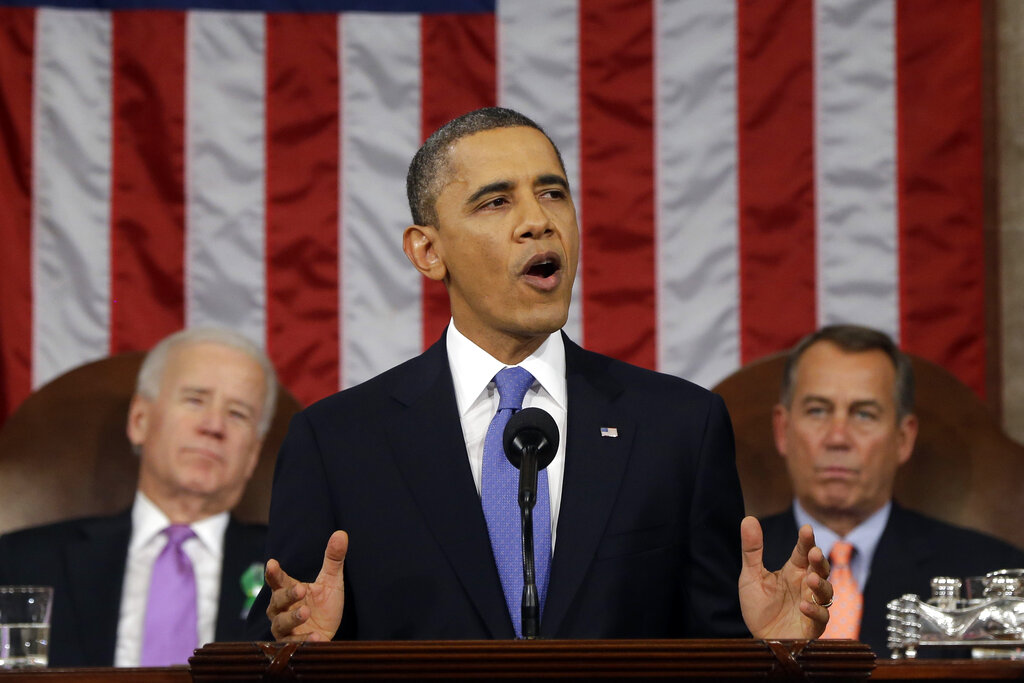Weakening the Bureau of Labor Statistics risks replacing trusted public data with costly private guesswork.
America needs honest, informed data about the economy to keep it functioning at its best. The Bureau of Labor Statistics exists to help provide that data by measuring jobs, wages, prices, and productivity so policymakers, businesses, and households can make decisions based on facts, not speculation. When people lose confidence in those facts, every decision gets riskier.
That confidence took a hit on August 1, when President Trump fired BLS Commissioner Erika McEntarfer after a weak jobs report that included downward revisions from previous months as well. He then nominated E. J. Antoni, a vocal critic of the agency, to replace her. Not only has Antoni been roundly criticized by many mainstream economists, but he has also shown a clear partisan preference for President Trump. It is a break from a long-standing norm that the BLS operates independently from political interference.
Antoni has suggested suspending the monthly jobs report in favor of slower quarterly releases while methods are reviewed, though the White House has indicated it will continue ask for monthly reports. While an agency’s methods should never be immune to criticism, slowing down the pace of reporting runs the real risk of blinding the public to near-term labor trends and pushing more influence to private, paywalled data. The monthly Employment Situation has been a bedrock series for over a century for a reason. Timeliness matters.
The federal rules that govern these indicators exist to protect that timeliness and the public’s trust. In fact, OMB Statistical Policy Directive No. 3 is to preserve the “time value” of principal indicators, balance timeliness with accuracy, prevent early access and political spin, and keep a bright line between policy and statistics. These safeguards are essential for keeping the largest economy in the world operating with relative clarity about the market environment situation.
Markets have already shown what is at stake. After the firing, analysts warned that confidence shocks could ripple through instruments that depend on credible inflation and labor data, including the $2.1 trillion Treasury Inflation-Protected Securities market. When investors question the integrity of the data, they demand a higher risk premium, and households end up paying that price through higher borrowing costs.
The BLS does face real operational problems. Fewer people are answering its surveys than in past years, which makes early estimates less precise. And tighter budgets have forced the agency to stop collecting certain kinds of information, like some local wage and cost-of-living data, which leaves blind spots in the national picture. When the information is incomplete, lawmakers and businesses have to make more guesses — and those guesses can be costly. These are problems worth fixing, but they require time and nuance, not a slash-and-burn approach.
There is also a better way to handle revisions and uncertainty. The BLS already updates early estimates when more complete responses come in. Those changes should be explained in plain language. Every major release could include a short “what changed and why” note, along with a range showing the normal margin of error. That would help the public understand that revisions are a sign of transparency, not trouble.
The mission here is simple and nonpartisan: measure the economy accurately and share that information on time. That mission requires career statisticians who can do their jobs without fear of political retribution, and leaders who respect established release calendars and rules. Protect the integrity of the data, and the country can keep making sound economic decisions.
Related
Sam Zickar
Sam Zickar is Senior Writer at No Labels. He earned a degree in Modern History and International Relations from the University of St Andrews and previously worked in various writing and communications roles in Congress. He lives in the Washington, D.C. area and enjoys exercise and spending time in nature.




